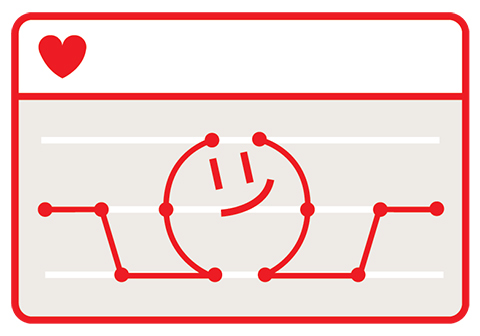A growing number of gadgets track how far we walk in a day and how many hours we sleep at night. But these numbers don’t tell us anything valuable about our overall health, says Jayson Parker, a biology professor at U of T Mississauga. “For the average person without a medical condition, this knowledge is useless,” he says. The information these devices provide is what medical researchers call “dark data.” It’s gathered but then not useful for decision-making.
Parker notes, however, that insurance companies have grown interested in research showing that less sedentary people have better heart health – in which case “steps per day” may turn out not to be “dark” after all. In his own research, Parker is using biometric information to predict superior health outcomes over a 36-hour period. Success would bring this data “into the light,” too.






No Responses to “ Dark Data ”
As a cancer survivor, I suspect that exercise was a factor in my post-op success and recovery. I am now helping Canadian university students start cancer clubs to provide support and help raise awareness among youth.